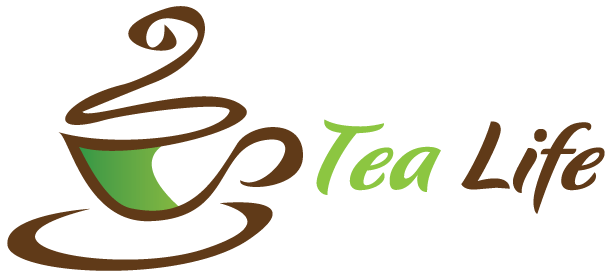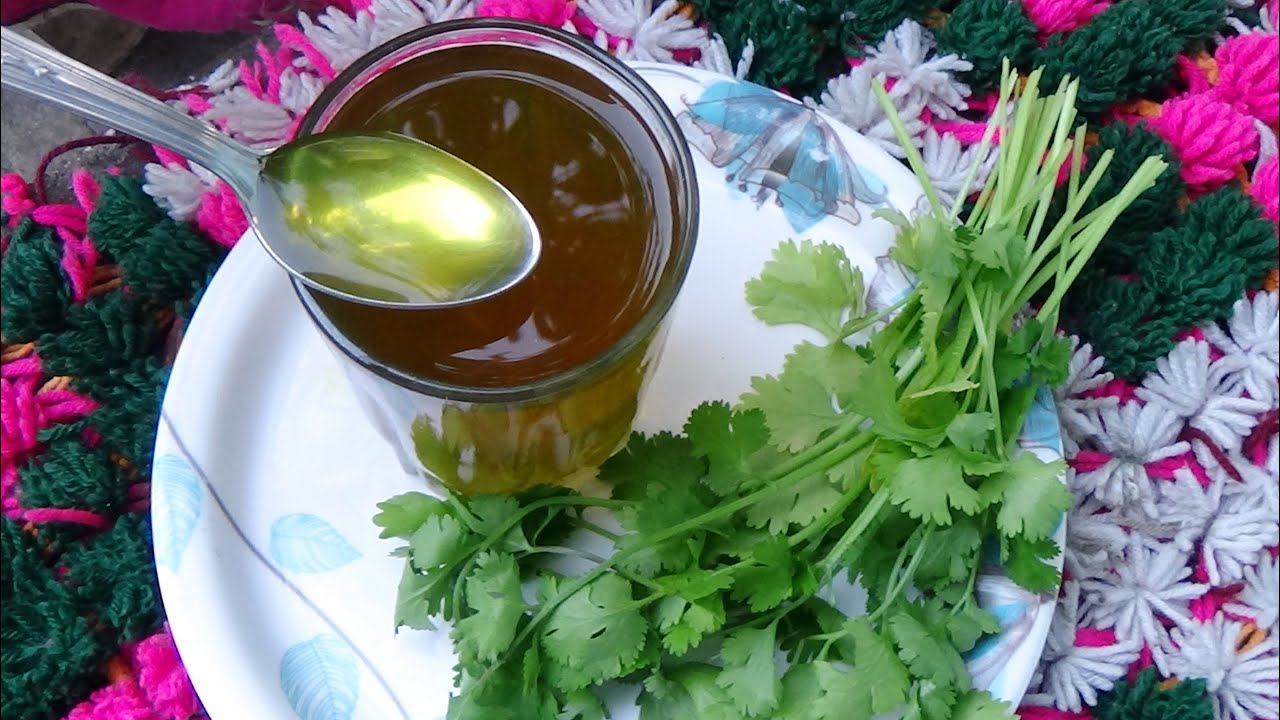Known for its usage in cooking, Coriander is one of the oldest herbs and spices on record and was even mentioned in the bible. This plant has been known and used for an array of things for centuries and was curiously found in the tomb of the Egyptian pharaoh, Tutankhamun, which has led archaeologists to believe that the ancient Egyptians cultivated the plant. Coriander has a rich history and has been used by generations of families, not just in cooking for also as tea!
In ancient Greece, the many benefits of this plant were first recognized by the locals. Its name can be derived from Ancient Greek’s ‘kóris’ which entered the English language from the Latin ‘Coriandrum’. At the time, the word in Ancient Greek meant something similar to ‘bed bugs’ and that’s likely because of coriander’s strong aroma. It’s believed that coriander has been used for medicinal purposes by both these ancient civilizations and also used to create perfumes.
In Asia, the Chinese who believed that those who consumed coriander seeds would be granted immortality have cultivated this plant since the 4th century. The Indians, who are known for their mouth-watering dishes, have been using it as a spice to flavour their food for a long time as well. The coriander plant was introduced to Latin America when Spanish conquistadors brought it to Mexico and Peru where it became an integral part of many of their dishes.
Characteristics of Coriander Tea
Coriander, Cilantro, Chinese parsley, Dhania or Coriandrum sativum is a culinary and medicinal herb that belongs to the Apiaceae family. This warm-weather annual is native to regions from Southern Europe and Northern Africa to Southwestern Asia. It is a soft plant with a straight branching stem rising about 2 feet, compound leaves, white or rose-coloured flowers that appear in June, and globular fruits that ripen in August. All parts of the plant are edible. Thus, it is used in cuisines throughout the world.
As a medicinal herb, coriander is very nutritious. It contains high levels of antioxidants, nutrients, and antifungal properties.
Flavour Profile
Coriander can be used as a tea in different forms, when it’s left whole with its leaves and seeds, it had a floral citrus and curry flavour that’s light and sweet. When the leaves and seeds are ground, the flavour changes to be more earthy, with spicy and nutty flavours and a hint of citrus. If you find that you’ve never been a fan of coriander, whether it’s a tea or used in food - it may also be because you weren’t meant to! An interesting trivia topic to learn about but if you have a particular gene variant, it may explain why Coriander tastes like soap to you.
Modern Medicinal Value of Coriander Tea
Hippocrates, an ancient Greek physician and the Father of Medicine, believed in the healing powers of coriander as he recommended the use of it as a medicine. A good source of antioxidants, protein, manganese, magnesium, iron, and dietary fibre, coriander is more than a spice that is used to flavour food; it is a medicinal plant that is believed to keep the body healthy and strong.
Below are the benefits that one may get from drinking coriander tea:
It is good for the eyes
Antioxidants in coriander can help prevent eye diseases. Vitamin A, one of the antioxidants it contains is essential for good vision. It supports the function of the cornea, the protective outer layer of the eye. This vitamin is a component of rhodopsin, a protein that allows the eyes to see in low-light conditions.
It may promote digestion and gut health
Coriander tea is good for the digestive system since it can help promote regular bowel movement. Its extract is used as an appetite stimulant in traditional Iranian medicine. Research has backed this up when it indicated that it had positive effects on the appetite of rats.
It is good for the heart
Coriander can reduce the risk of heart disease. It can lower bad cholesterol and increase the level of good cholesterol. Since it is a pungent herb with a strong flavour, it may help people reduce their sodium intake which can help improve their heart health.
It can strengthen one’s natural defences and keep the body in top condition
Vitamin C is considered one of the most important and effective nutrients. This powerful antioxidant does not only boost immunity, it can also help prevent iron deficiency and protect memory and thinking in people as they age. It may also reduce the risk of chronic diseases, manage blood pressure, and help prevent gout attacks. However, this vitamin cannot be produced by the human body. It is found in many plant products and coriander is one of them.
It is good for brain health
As previously mentioned, coriander can protect memory and thinking in people as they age because it is a good source of vitamin C. As an antioxidant, vitamin C has a positive effect on thinking and memory as a person grows old. It can fight oxidative stress by getting rid of free radicals. Aside from vitamin C, coriander is also rich in vitamin K which can help to prevent Alzheimer’s.
Coriander can be considered an all-around herb. It does not only flavour many of our favourite dishes, but it also promotes better health. It’s no wonder that even ancient kings considered it special, because it truly is. With its powerful components, it’s a great tea to add to your repertoire and one to definitely try if you have yet to drink it!
Tea life proudly stocks coriander tea, so you can check our stock of coriander tea today, here.
Additional References
Zohary, Daniel; Hopf, Maria (2000). Domestication of Plants in the Old World (Third ed.). Oxford: Oxford University Press. pp. 205–206. ISBN 0-19-850357-1.


Share:
Cats Claw Tea - Ancient, Traditional, and Modern Benefits
Chrysanthemum Tea - Ancient, Traditional, and Modern Benefits
1 comment
I believe someone deliberately poisoned me when we had a family meal together a few years ago. I was unwell for more than a week. A friend told me I should go to the doctor. So I did. He advised me to take Gaviscone before jumping to harsh medication.
I have been feeling I wanted some chicken soup but I did not get to make it. I bought the gaviscon but I also bought chicken carcase to make soup. I usually add parsley at the end but I only had Coriander.
The following day I was 100 per cent well. I read somewhere that Coriander takes the poison out of ones body.